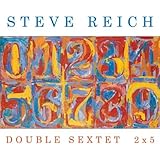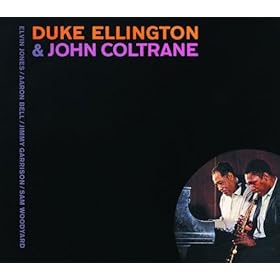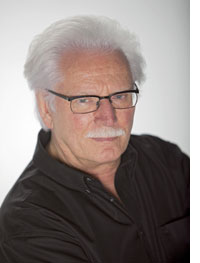![Ted Hearne [photo: patricia werner leanse]](http://www.muziekcentrumnederland.nl/typo3temp/pics/873bd67a78.jpg) Bit of a streak for American composers: this time last year we were congratulating Huck Hodge for winning the Netherland’s Gaudeamus Composition Prize. Now it’s Ted Hearne‘s turn, for his Katrina Ballads. From the press release:
Bit of a streak for American composers: this time last year we were congratulating Huck Hodge for winning the Netherland’s Gaudeamus Composition Prize. Now it’s Ted Hearne‘s turn, for his Katrina Ballads. From the press release:
This prize is € 4,550 and is meant for writing a new composition to be performed in the Gaudeamus Music Week 2010.
The Gaudeamus Prize and the honorable mention were awarded by jury members Huba de Graaff (Netherlands), Anne La Berge (Netherlands), and Akira Nishimura (Japan). For this year’s International Gaudeamus Music Week, which was open to composers under 31, the Gaudeamus Foundation received almost 400 scores from all over the world; the jury subsequently selected fifteen works to compete for the Gaudeamus Prize 2009.
Ted Hearne received the prize for a selection from Katrina Ballads, performed on September 10, 2009 at the Conservatory of Amsterdam by `the ereprijs with Wim Boerman conducting. Hearne himself was vocal soloist in this piece.
Hearne’s own website (linked above) has audio of some of the Ballads and a number of other works. We talked about these pieces here at s21, back in September last year; good to see this recognition as well.
This year’s honorable mention went to young Japanese composer/performer Toru Nakatani, who sounds like he’s persuing some interesting work:
In 1996 Nakatani built a microtonal guitar with movable frets. Two years later he began to play with rock groups, jazz orchestras and improvisation groups. He subsequently went to both northern and southern India and Sri Lanka in 2000 and during his stay in New Delhi studied dilruba, a classical bowed Indian instrument. He has built original instruments such as a 19-stringed guitar with jawari, an instrument consisting of resonating strings only, and a guitar based on just intonation. He has had solo performances with these instruments since 2001. In 2008 his piece (16_1/32_1) was awarded the third prize at the Toru Takemitsu Composition competition.
Nakatani’s website is more placeholder than anything else; still a name to watch for in the coming years.
The 53rd Annual Grammy nominations have been announced (list of nominees in the Classical category here). Lots of contemporary classical represented, even in the more general categories.
 Steve Reich’s latest
Steve Reich’s latest 
 Musical America
Musical America 
![Ted Hearne [photo: patricia werner leanse]](http://www.muziekcentrumnederland.nl/typo3temp/pics/873bd67a78.jpg) Bit of a streak for American composers: this time last year we were congratulating
Bit of a streak for American composers: this time last year we were congratulating 
 Congratulations to our Peruvian-born, Belgium-abiding amigo
Congratulations to our Peruvian-born, Belgium-abiding amigo  And our favorite crusty uncle, Seth Gordon, has word on a new-music Oscar tie-in that you may not be aware of: Yeah, yeah, we all know that the
And our favorite crusty uncle, Seth Gordon, has word on a new-music Oscar tie-in that you may not be aware of: Yeah, yeah, we all know that the